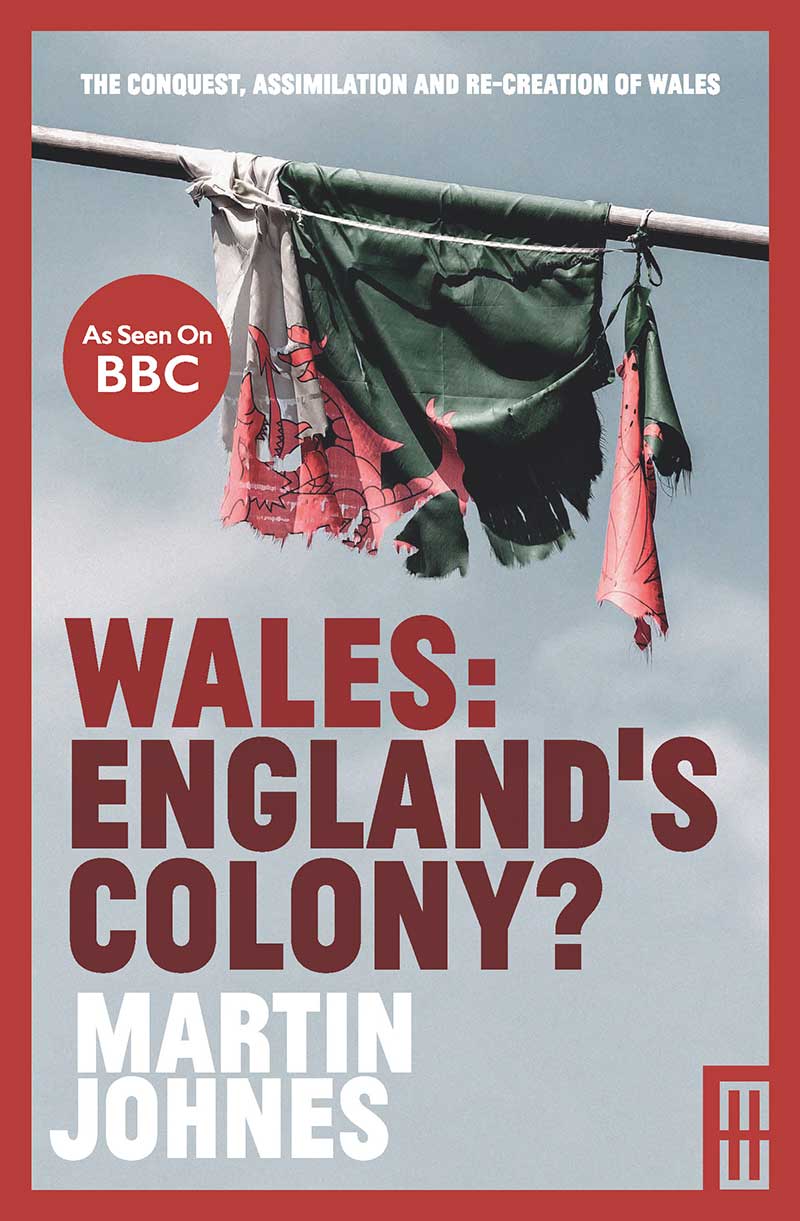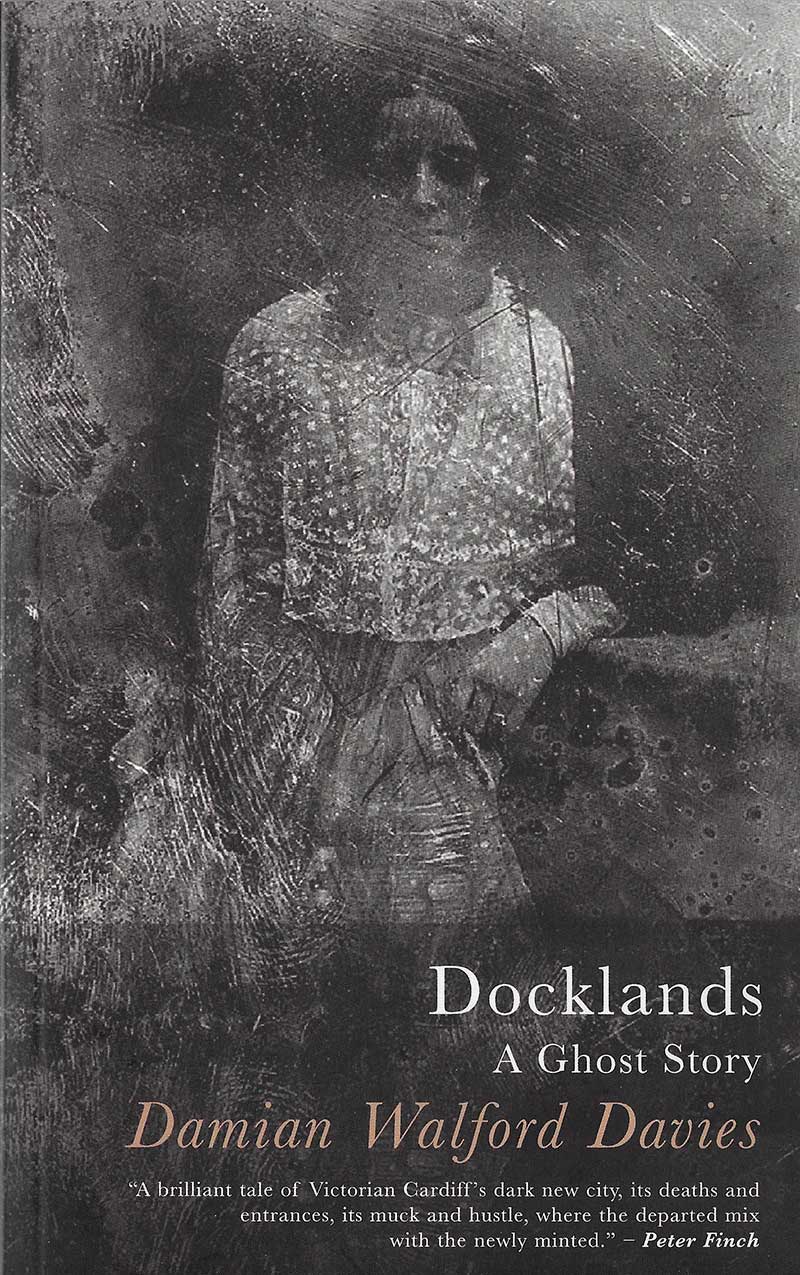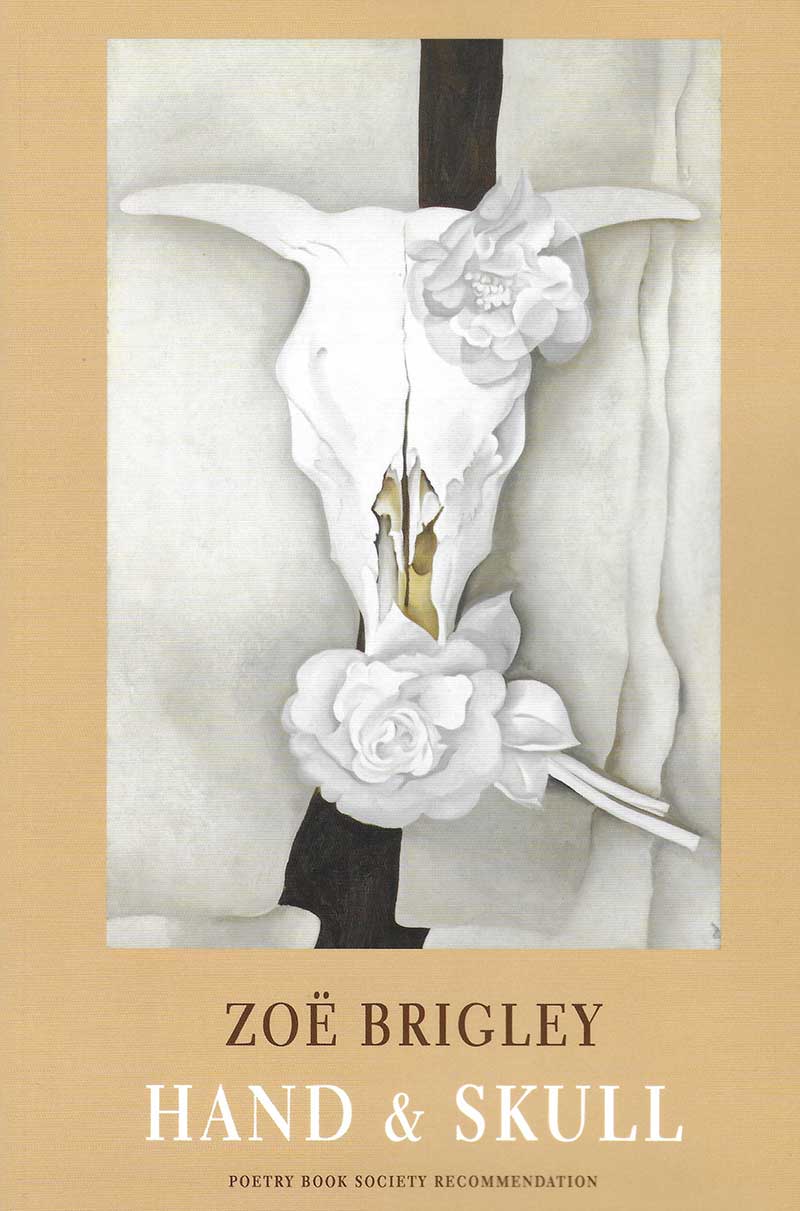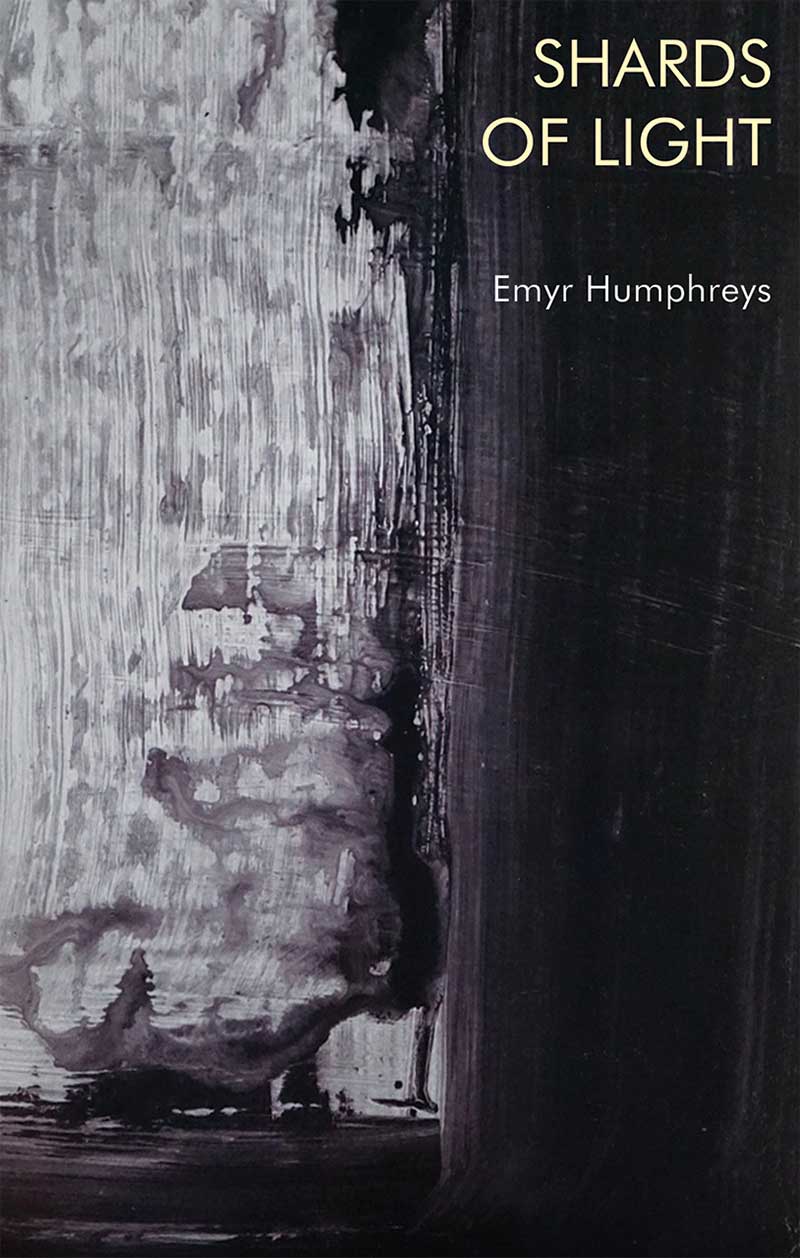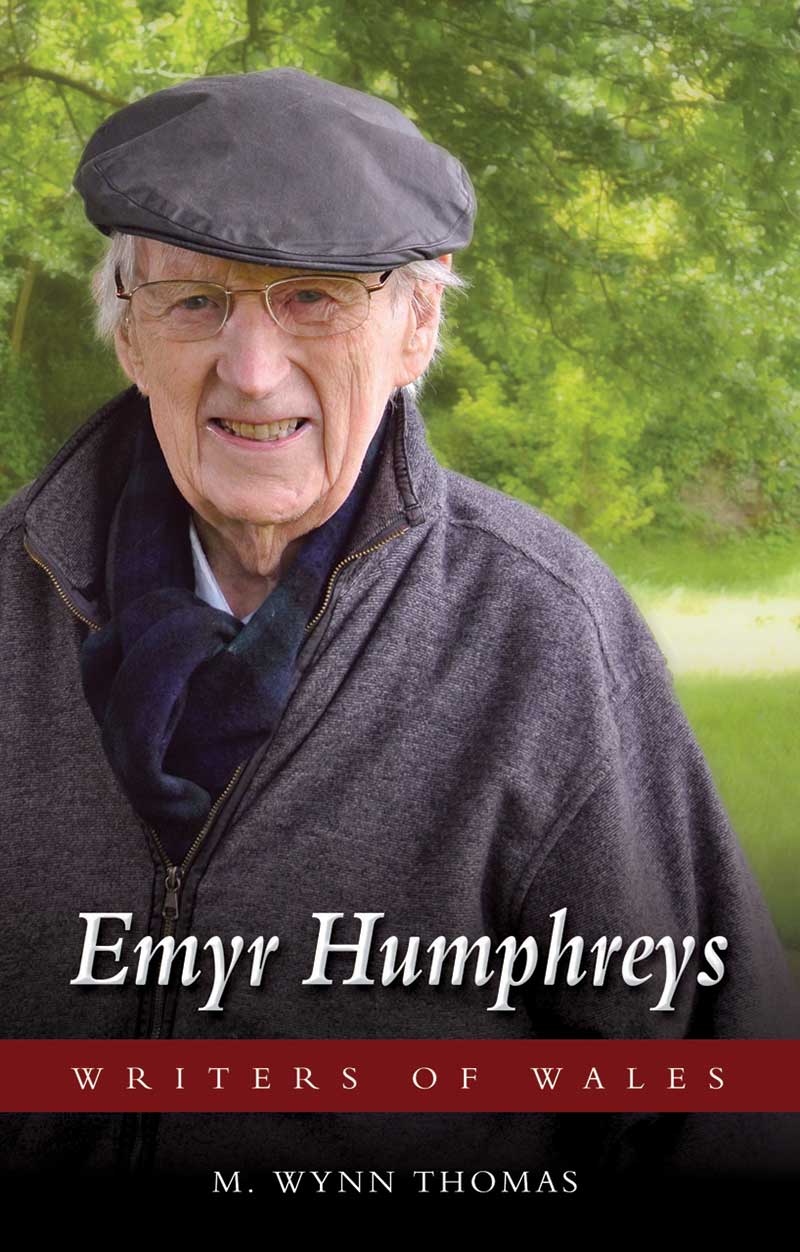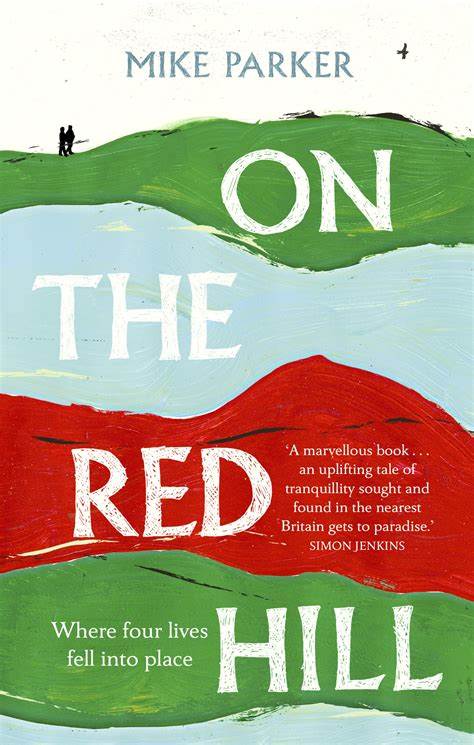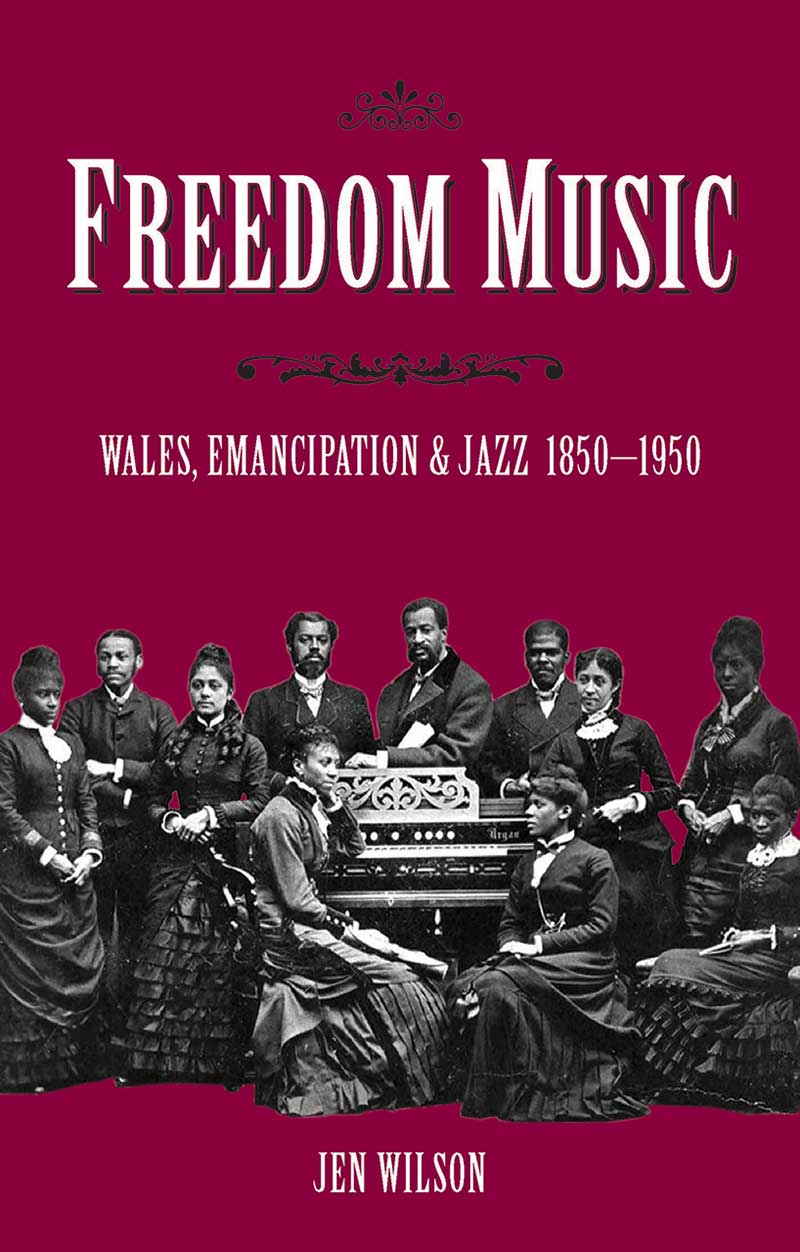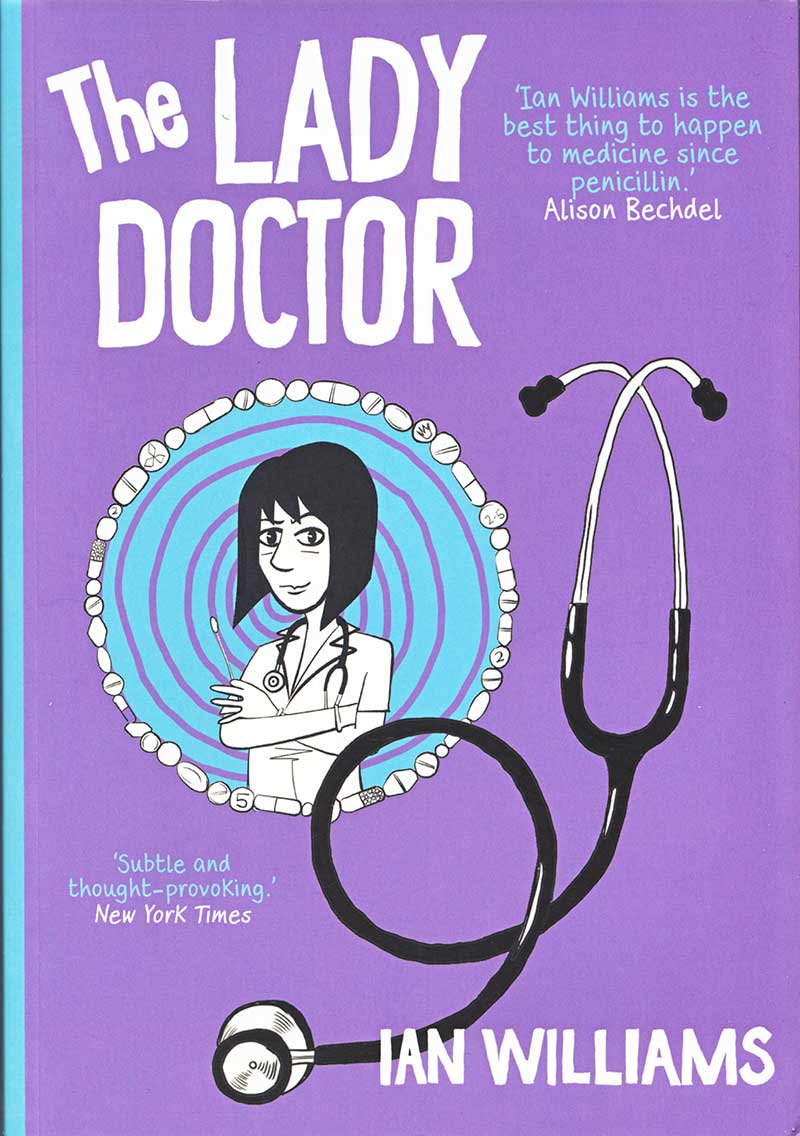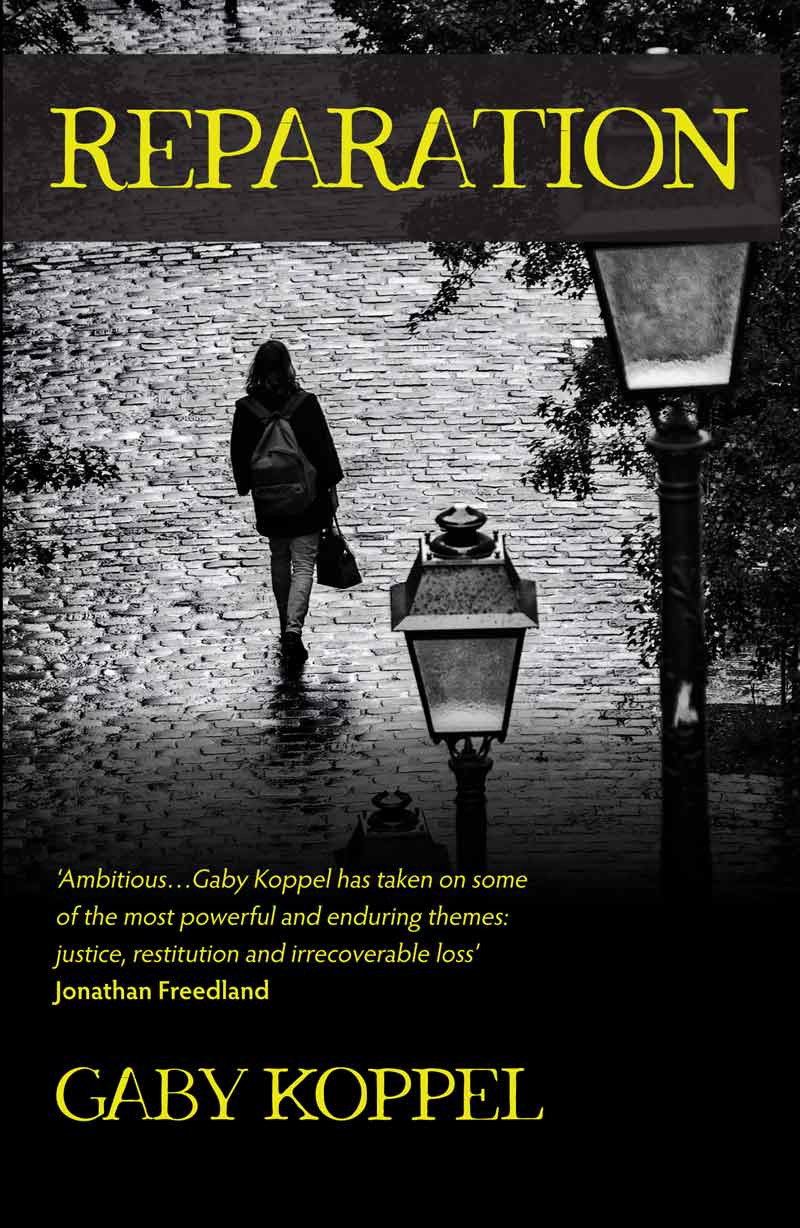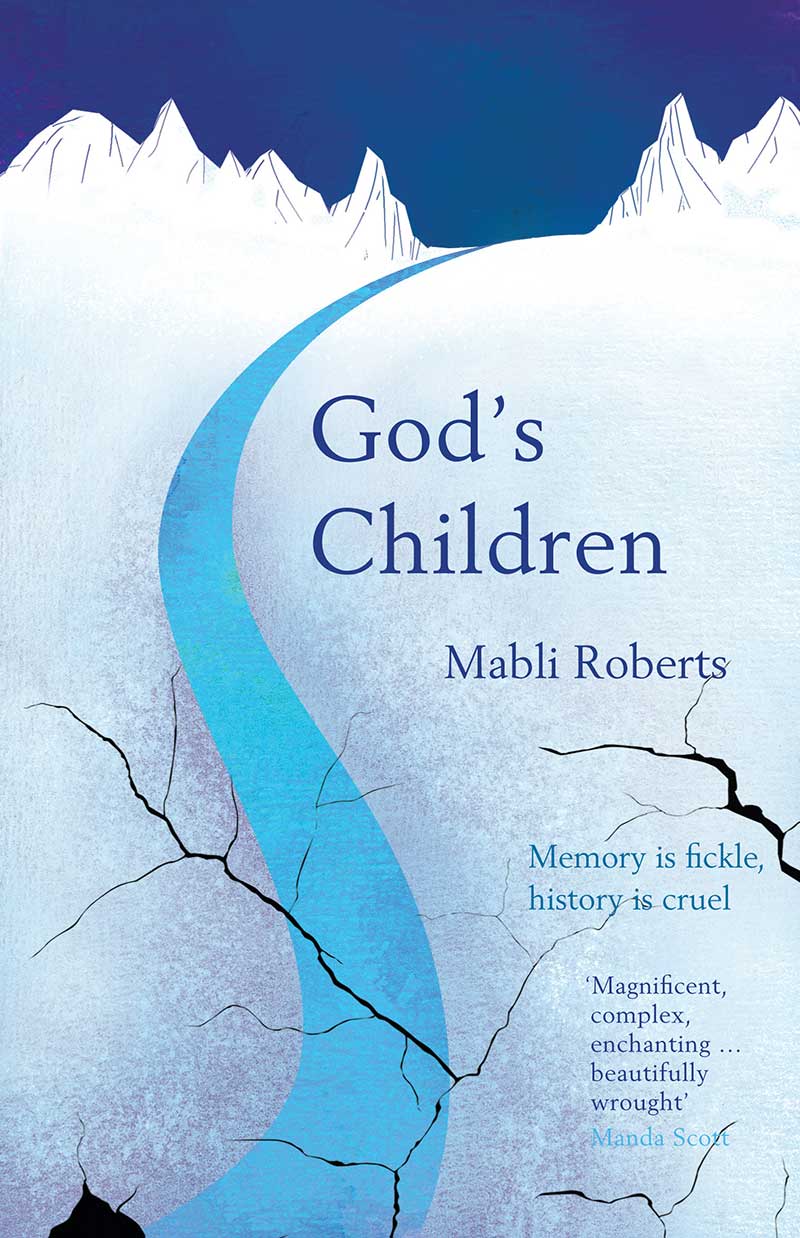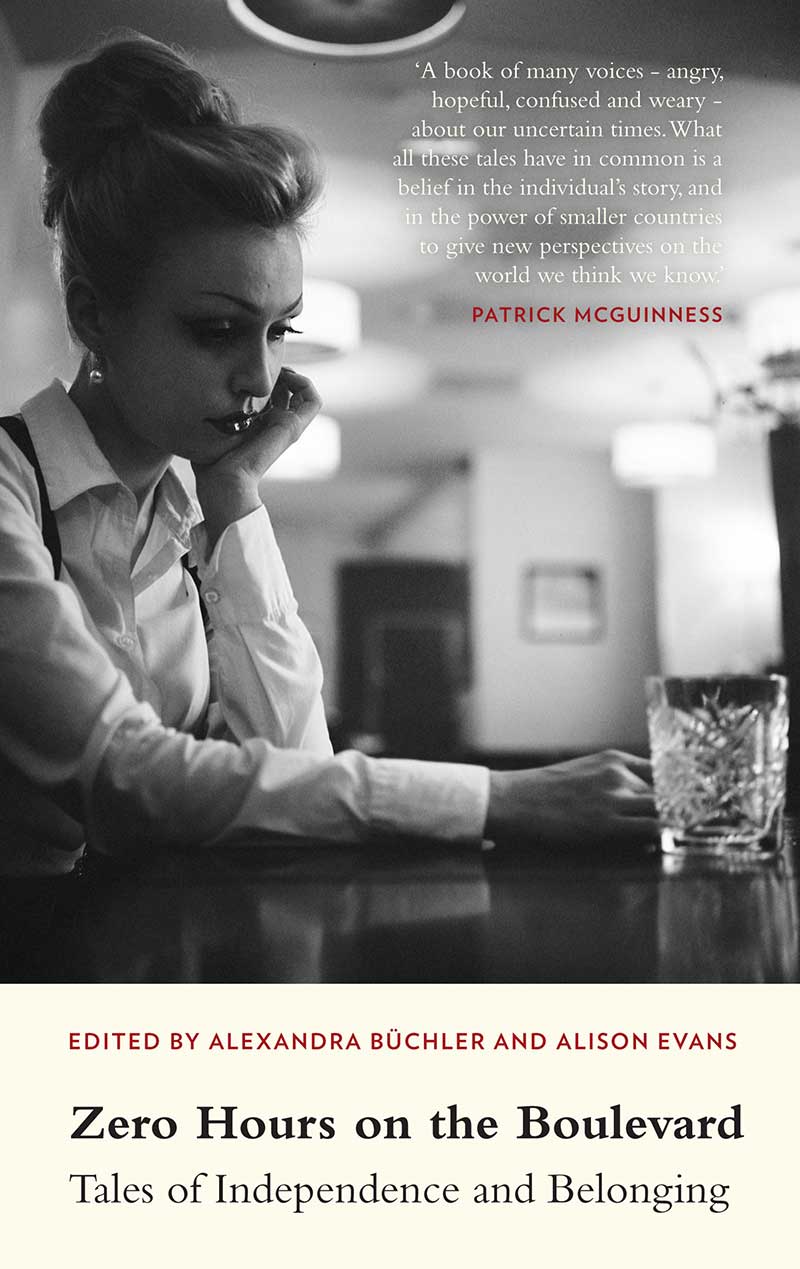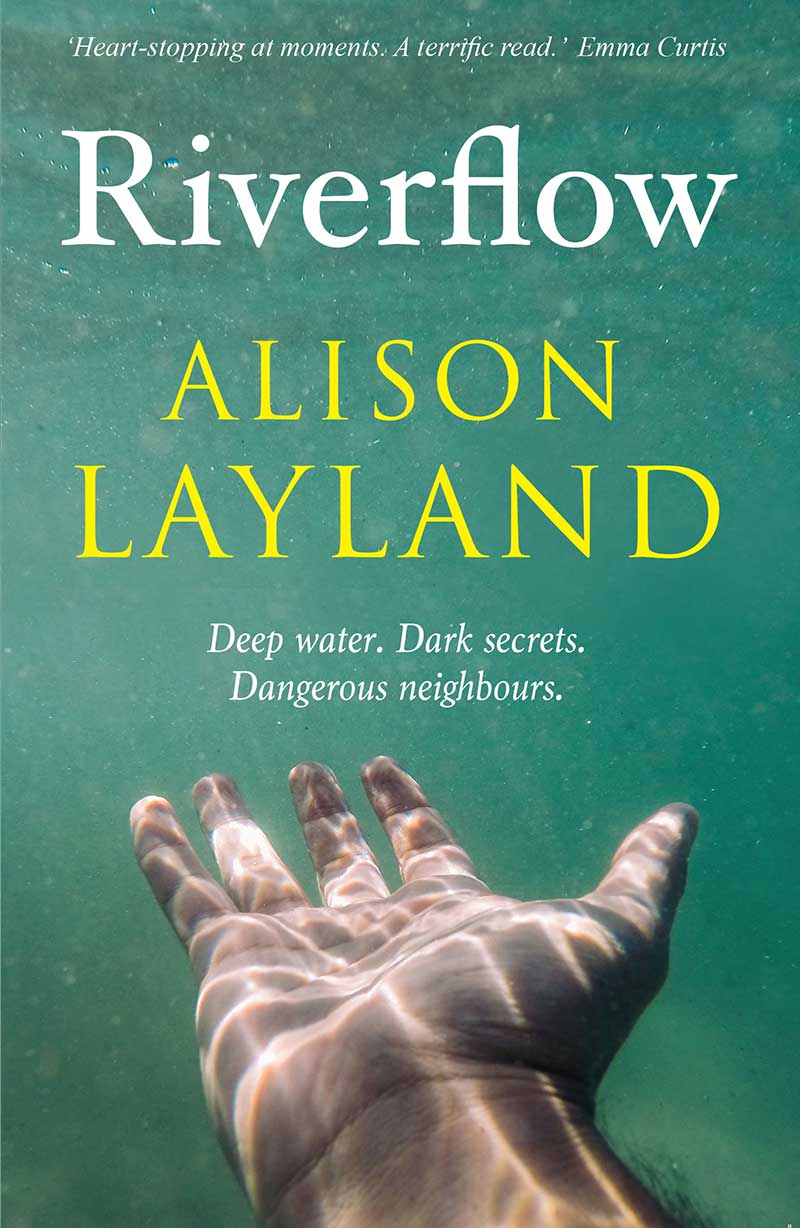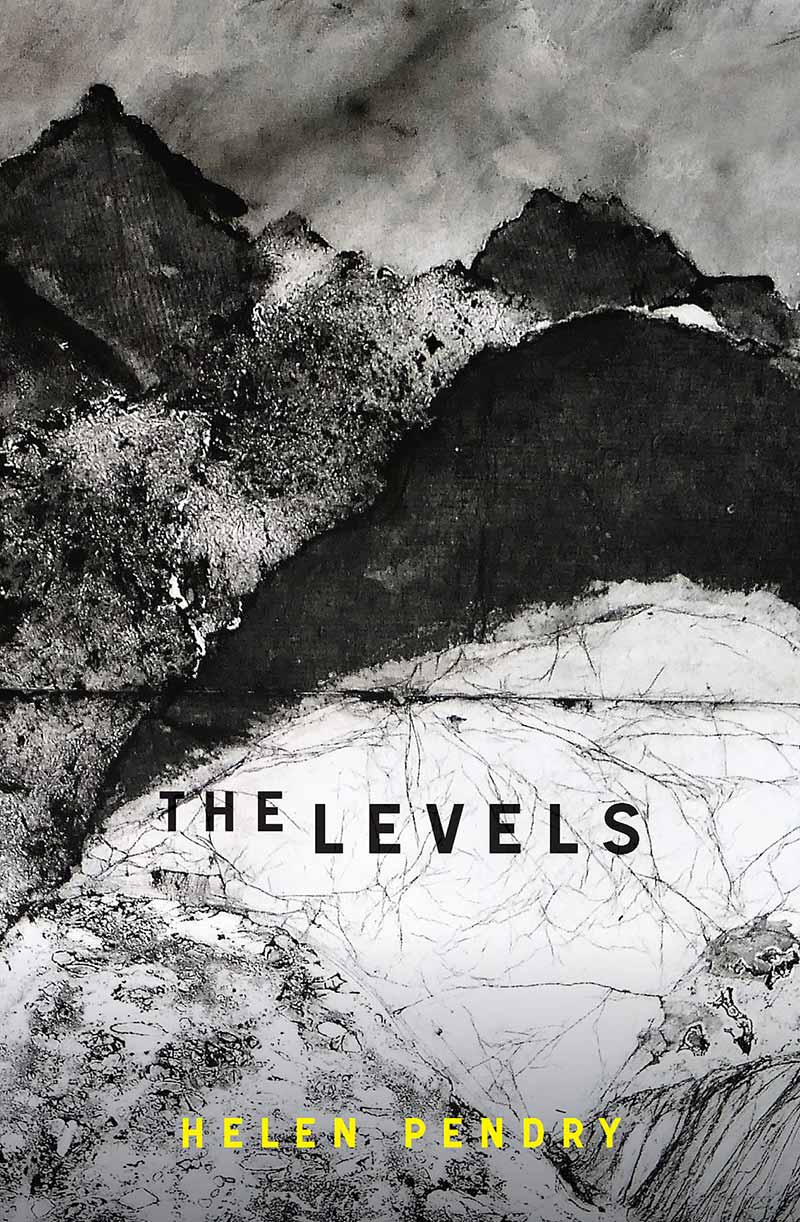Andrew Green gives his perspective on how neoliberalisation has affected staff, students and local communities; why there have been so many recent Vice-Chancellor scandals; and what the marketisation of higher education means for the ability of universities to respond to the future needs of Welsh society.
Read moreOur Welsh Keywords offers contemporary perspectives on the meaning of words in Welsh, inspired by Raymond Williams’ Keywords. In this issue, Manon Steffan Ros reveals her new word-crush: what is more merciful than mercy, can shift into a word that means bric-a-brac, and in synaesthetic terms is dark green and dusty-smelling?
Read moreRussell Todd argues that community development within Communities First changed to becoming increasingly about disciplining individuals’ behaviours so that they could conform to Welsh Government priorities, and offers readers inspiration for how they can collaborate in now-flourishing independent projects that enable grassroots social justice.
Read moreOur series of creative responses to Wales' rail network, Reading Between the Lines, brings new insights into a Wales fragmented by its travel infrastructure. In this issue, Mike Parker offers his uniquely wry, subtly politicised perspective on a beautiful stretch of landscape that has endured against the odds: Morfa Mawddach to Llandecwyn…
Read moreFilm-maker Sara Penrhyn Jones reflects on her work on the Pacific island nation of Kiribati, which faces potential obliteration from climate change; how local experts introduced its unique heritage to her, and how our sense of global justice is inhibited when such atoll communities are only acknowledged as a warning signal for what could happen to more powerful countries.
Read moreA Poem by Sophie McKeand.
Read moreJo Mazelis reviews the retrospective exhibition of David Nash’s work ‘Sculpture Through the Seasons’, at National Museum Cardiff, and reflects on the resonance of his sculpture in an era of ecological devastation. The exhibition runs until 1 September 2019.
Read moreGarry Tregidga reflects on the centenary of the Levant mining disaster as a starting point for wider discussion of Cornwall’s fluctuating cultural, economic and political fortunes over the last century. What does the future hold after Brexit?
Read moreFolklorist Peter Stevenson relays stories from Wales, and from the multicultural traditions of Appalachia, exploring the intricate connections between the two mining cultures, and offering wider reflections on the complexities of migration and indigenousness around the world.
Read moreKarolina Rosiak interviews Polish people about the Welsh language, and identifies what has motivated them to learn or discouraged them from doing so. She offers concrete proposals more broadly for how the Welsh Government and language providers can enable more migrants and refugees to learn the language.
Read moreA Poem by Jenny Edkins.
Read moreBook Review Section
There has been a bumper crop of new books lately from writers and publishers in Wales, and our insightful reviewers assess a selection of them here.
From the rebuilding of Victorian Cardiff to Jazz Age Swansea; from gay life in the hills to military drones crashing into caravans, swathes of Welsh life are covered, along with stories from the margins of Europe and a novel that takes a trip across the tundra. In the year when Emyr Humphreys turned 100, we also look at his poetry and his impact on Welsh literature.
In troubled times, books and bookshops ground us and show us new paths. I am lucky to know booksellers who know me: Pen’rallt Gallery Bookshop in Machynlleth is my welcoming local; Gay’s the Word in London my old haunt. In both, the staff can guess what I might like to read, handing me a copy of this new memoir or that surprising third novel till my arms are full. It’s quite a skill, and a moment of warm interaction which online algorithms cannot replicate.
Perhaps the Planet reader doesn’t need prompting, but I’ll say it anyway. Now is a good time to watch less rolling news, scroll through fewer tweets, and dive deep into more books – starting with some of these.
Helen Sandler is a writer and editor who runs Tollington Press, publishing new books by women; and co-programmes Aberration, the LGBT+ arts night in Aberystwyth.

